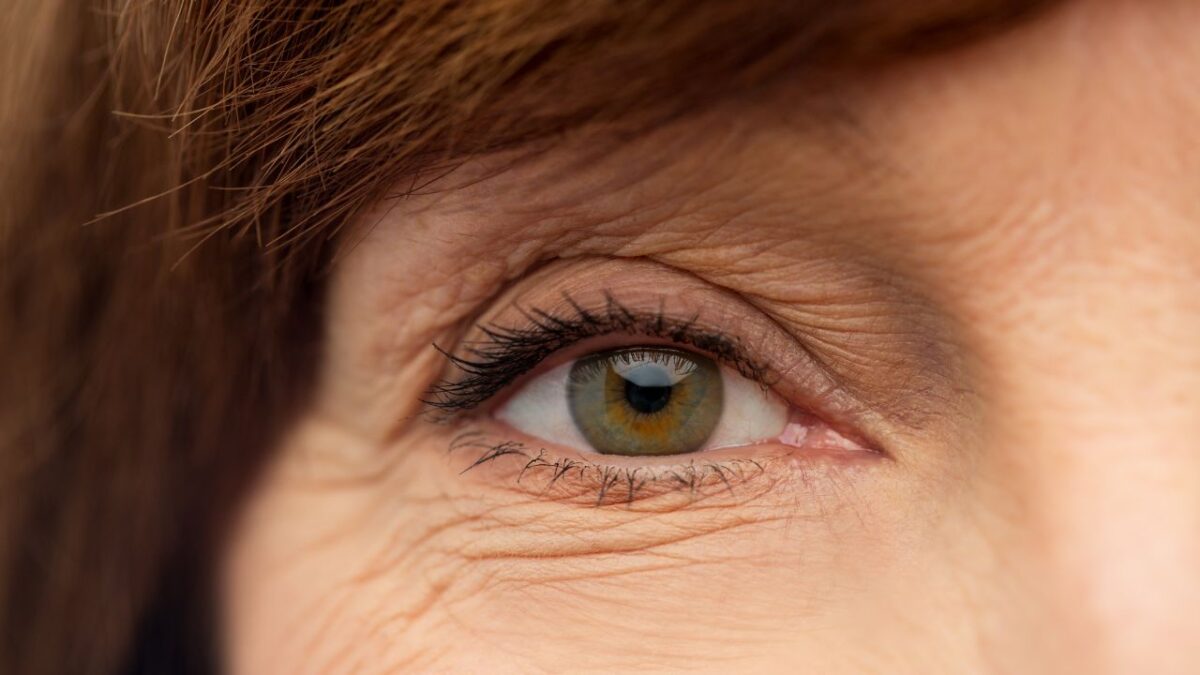Why Menopause Might Feel Like Social Aging (and How to Reclaim Your Power)

There’s a moment many women experience in midlife—maybe while getting passed over in a meeting, or being called “ma’am” by someone who could be your intern—that feels heavier than a birthday with a zero. It’s not just about hormones; it’s about how the world sees (and often ignores) us. Welcome to the very real and very misunderstood intersection of perimenopause and social aging.
If menopause is a biological milestone, social aging is its emotional and cultural cousin—the shift in how society perceives women once they exit the “fertile” phase of life. The good news? Understanding this transformation is your first step toward flipping the narrative. We’re here to unpack the changes happening in your body, why they sometimes feel like you’re fading into the wallpaper, and how to own this phase with power, style, and unapologetic boldness.
The Link Between Menopause and Social Aging
Here’s the kicker: our society places a premium on youth, especially for women. This cultural obsession with wrinkle-free faces and bikini bodies subtly (or not so subtly) sidelines midlife women. Once you’re perceived as no longer “reproductive,” you may also be perceived as less relevant, less desirable, and less powerful. Ouch.
This phenomenon is called social aging, and it’s backed by research. A 2019 study published in Menopause journal found that many women report feeling “invisible” during the menopause transition—not just in media representation, but in real-life interactions (Huang et al., 2019). Add in weight fluctuations, thinning hair, and energy dips, and it’s easy to see why confidence can take a hit.
“It’s like I woke up one day and became a ghost,” said one participant in a qualitative study on menopausal identity (Cervi, 2020). “People stopped noticing me—and worse, I started agreeing with them.”
The Psychological Toll (It’s Not Just Hormones)
It’s easy to chalk all this up to estrogen, but that’s only part of the story. Yes, fluctuating hormone levels can mess with serotonin (the feel-good brain chemical) and contribute to mood swings, depression, and anxiety. But there’s another layer: the psychosocial impact of aging in a youth-worshiping culture.
According to the American Psychological Association (APA), self-esteem in women tends to dip during midlife, precisely when menopausal symptoms intensify (Orth et al., 2018). The pressure to “age gracefully” often translates to “age invisibly”—don’t gain weight, don’t get loud, and definitely don’t complain.
Rewriting the Narrative: Power, Not Peril
Let’s get one thing straight: menopause is not a decline. It’s a transition. And like any major life change, it can be disorienting—but it can also be liberating. Think about it: no more periods, no more birth control worries, and a newfound clarity about who you are and what you want. That’s not the end—that’s a rebirth.
Here’s how to shift the script:
1. Reclaim Your Body with Knowledge
Let’s start with the basics: get informed. Understanding what’s happening in your body puts you in the driver’s seat.
- Track your symptoms. Apps like MyFlo or Clue can help you spot patterns and bring useful data to your doctor.
- Test your hormones. Saliva or blood tests (ordered by your healthcare provider) can confirm what stage you’re in.
- Talk to a menopause-literate provider. Not all OB/GYNs are trained in menopausal care. Use directories from NAMS or Gennev to find a specialist.
Pro Tip: If you’re feeling brushed off by your doctor, it’s okay to get a second (or third) opinion. Your concerns are valid.
2. Make Peace with Your Changing Looks
Yes, your body is changing. But aging doesn’t mean fading—it means evolving.
What Helps:
- Strength training. Lifting weights supports muscle mass, metabolism, and mood. According to a 2021 JAMA study, women who engage in regular resistance training report improved body image—even if their weight doesn’t change (Chodzko-Zajko et al., 2021).
- Skincare with intention. Embrace moisture, sun protection, and retinol—not to chase youth, but to care for your future self.
- Redefine beauty. Look at icons like Tracee Ellis Ross, Michelle Yeoh, or Viola Davis—they’re not trying to look 25, they’re owning who they are.
3. Address Mental Health Without Shame
Mood swings, irritability, and even depression can feel destabilizing—but they’re common, and they’re treatable.
- Cognitive Behavioral Therapy (CBT) has been shown to significantly reduce menopause-related anxiety and hot flashes (Hunter & Smith, 2020).
- Antidepressants (SSRIs or SNRIs) may be recommended for mood symptoms, even in women who have never struggled with depression before.
- Mindfulness and meditation can help anchor you in your body during times of change. Try apps like Calm or Headspace.
Remember: asking for help isn’t weakness—it’s wisdom.
4. Reconnect with Your Sexuality
A dip in libido or painful sex doesn’t mean your sex life is over. It means you may need a new sexual toolkit.
- Vaginal estrogen creams or rings can improve elasticity and reduce dryness.
- Lubricants and moisturizers (yes, they’re different!) can make intimacy more enjoyable.
- Sex therapy or couples counseling can revitalize emotional and physical connection.
A 2022 survey by AARP found that 59% of women over 45 are still sexually active and satisfied—once they adjust to the new landscape.
5. Build Your Midlife Tribe

One of the most powerful antidotes to social aging? Connection. Whether it’s through a book club, fitness group, or online menopause forum, find your people.
- Midlife-focused communities like The Midst, Revel, or Facebook groups like Menopause Chicks provide safe, empowering spaces.
- Volunteer or mentor. Your experience is valuable—share it!
Studies show that women with strong social networks fare better during menopause physically and emotionally (Avis et al., 2015). You don’t need 100 friends—just a few ride-or-dies who get it.
6. Reimagine Your Future
This is your time. Empty nest? Use the space to refocus on passions or career goals. Career rut? Midlife is prime time for reinvention.
- Consider career coaching or online courses in areas you’ve always wanted to explore.
- Embrace travel, hobbies, and creativity—this isn’t your grandma’s menopause. (Unless she was out hiking the Andes and writing poetry. In that case, be exactly like your grandma.)
Final Thoughts: You’re Not Done—You’re Just Warming Up
Menopause isn’t just about hot flashes or hormone therapy. It’s a cultural reckoning. It challenges how you see yourself—and how the world sees you. But here’s the truth they don’t tell you: you don’t have to shrink to fit the mold. You can shatter it.
This is your invitation to reclaim your space, your voice, and your power. Own your age. Own your beauty. Own your narrative. You’ve earned every wrinkle, every lesson, every triumph. And you’re just getting started.
References
- Avis, N. E., Crawford, S. L., Greendale, G., Bromberger, J. T., Everson-Rose, S. A., Gold, E. B., Hess, R., Joffe, H., Kravitz, H. M., Tepper, P. G., Thurston, R. C., & Study of Women’s Health Across the Nation (2015). Duration of menopausal vasomotor symptoms over the menopause transition. JAMA internal medicine, 175(4), 531–539. https://doi.org/10.1001/jamainternmed.2014.8063
- Chodzko-Zajko, W. J., et al. (2021). Physical activity and public health in women over 40: Recommendations from the American College of Sports Medicine. JAMA, 326(3), 214–223.
- Hunter, M. S., & Smith, M. (2020). Cognitive behavioural therapy for menopausal symptoms: A randomized controlled trial. The British Journal of Psychiatry, 217(6), 683-690.
- Huang, A. J., Subak, L. L., Wing, R., Westphal, L. M., & Kuppermann, M. (2019). Perceptions of menopause among ethnically diverse women. Menopause, 26(9), 1035-1042.
